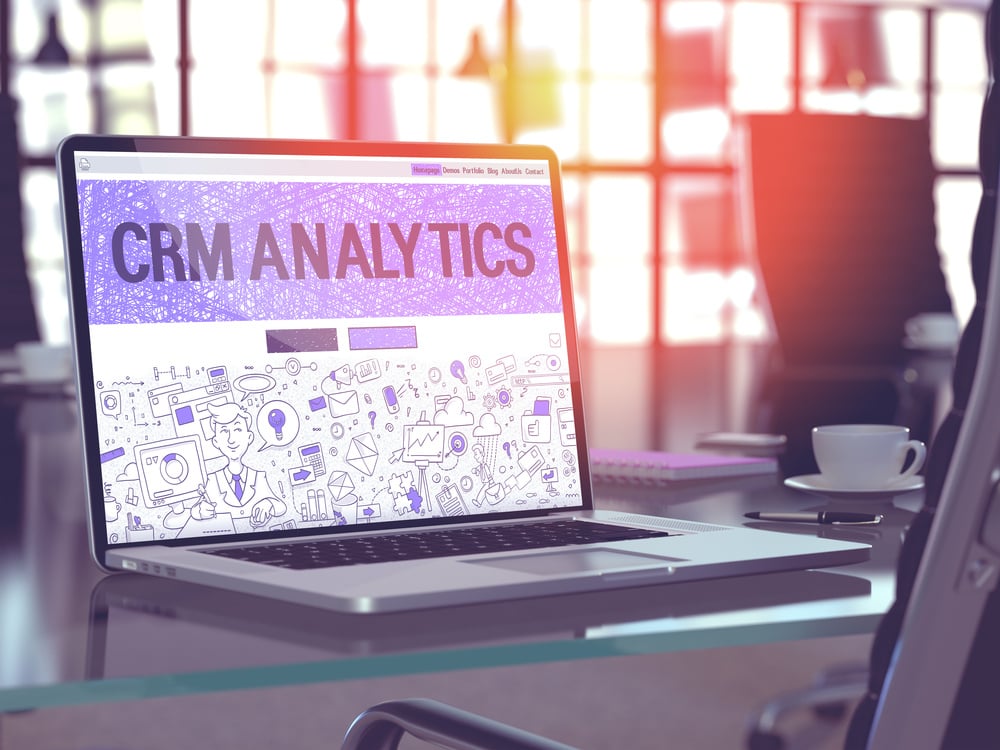
ERP Software for Customer Relationship Management
Enterprise resource planning (ERP) software for medium businesses—or businesses of any size—can play a major role in enhancing Customer Relationship Management (CRM). Today, we'll explore the role ERP plays in CRM systems and how it leads to long-term improvements.
To get an even deeper look, we recommend learning about ERP software for laboratory management.
The Importance of ERP and CRM
Digital transformation aims to enhance efficiency and visibility across all business procedures. Understanding what SAP Business ByDesign offers is a key step, but investing in ERP solutions and CRM systems is equally crucial.
Here’s why:
1. The Importance of ERP
The main priority of ERP software is to simplify and centralize the business processes. It manages order history, planning, scheduling, and workflows, all driven by data. Efficient use of ERP systems allows enterprises to seamlessly manage critical aspects of their business such as supply chain management, financial management, inventory management, and human resources.
2. The Importance of CRM
CRM systems manage customer data, purchases, and contact information, benefiting sales and marketing teams. With CRM, companies gain better insights into their customer base, enabling informed decisions. Effective data management and stronger customer relationships often lead to higher sales. Sales reps and customer service teams can deliver exceptional customer experiences by utilizing these insights.
3. Integrating ERP With CRM
ERP and CRM systems are essential for cohesive business operations because the CRM handles the customer interaction portion of the front end of the business processes while an ERP system manages the overall business processes, This integration includes synchronizing purchase history, shipping, billing data, and other financial information across the entire supply chain. By integrating sales and customer service processes with back-end operations, businesses can improve efficiency and provide a seamless customer experience.
4. The Future With ERP and CRM
Integrating ERP and CRM systems offers numerous benefits, including a complete view of customer interactions across sales, support, and marketing. This comprehensive data aids in making efficient decisions, maintaining, and expanding client relationships. Additionally, integrated platforms reduce duplicate data, enhancing data-driven decision-making.
Creating a Successful Strategy
Every enterprise has unique needs, but a common requirement is a platform that supports current and future integration needs. A unified platform capable of supporting any integration pattern is essential, and ERP systems provide this foundation.
To ensure your business thrives with these technologies Contact Navigator Business Solutions today for guidance on integrating ERP and CRM systems tailored to your needs.

